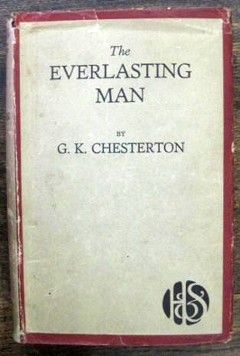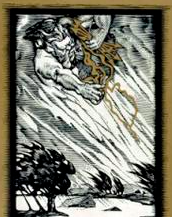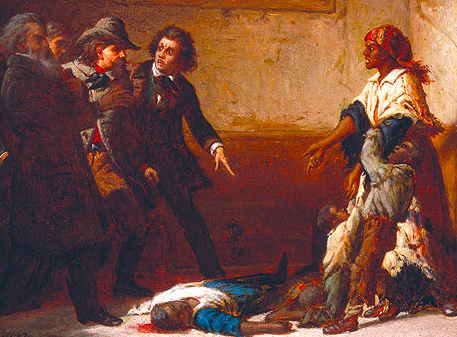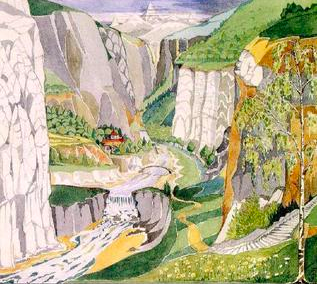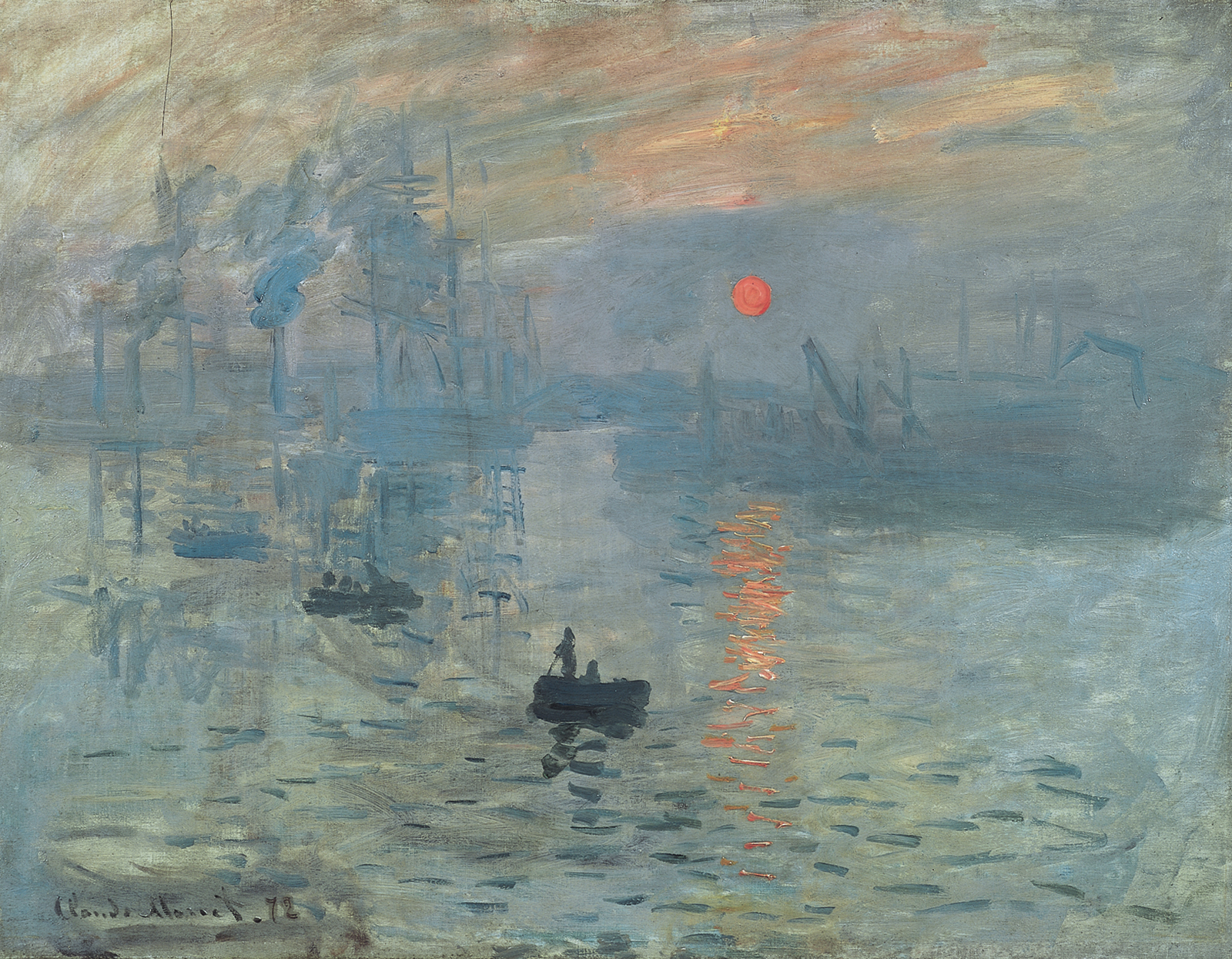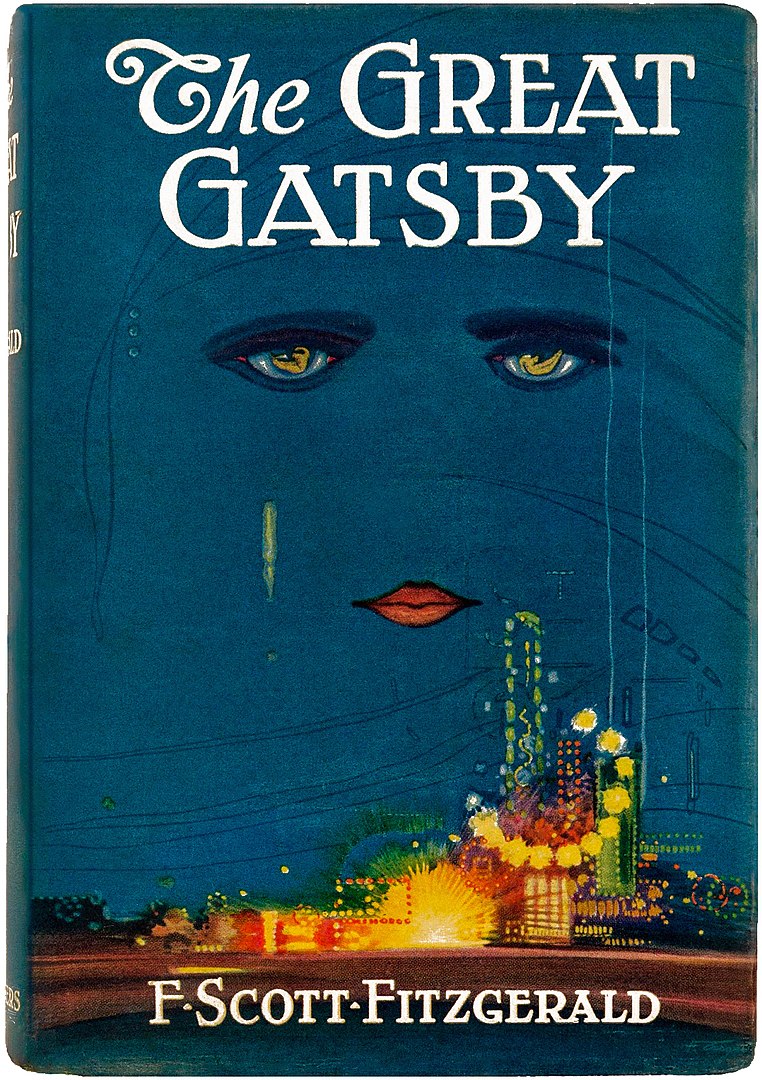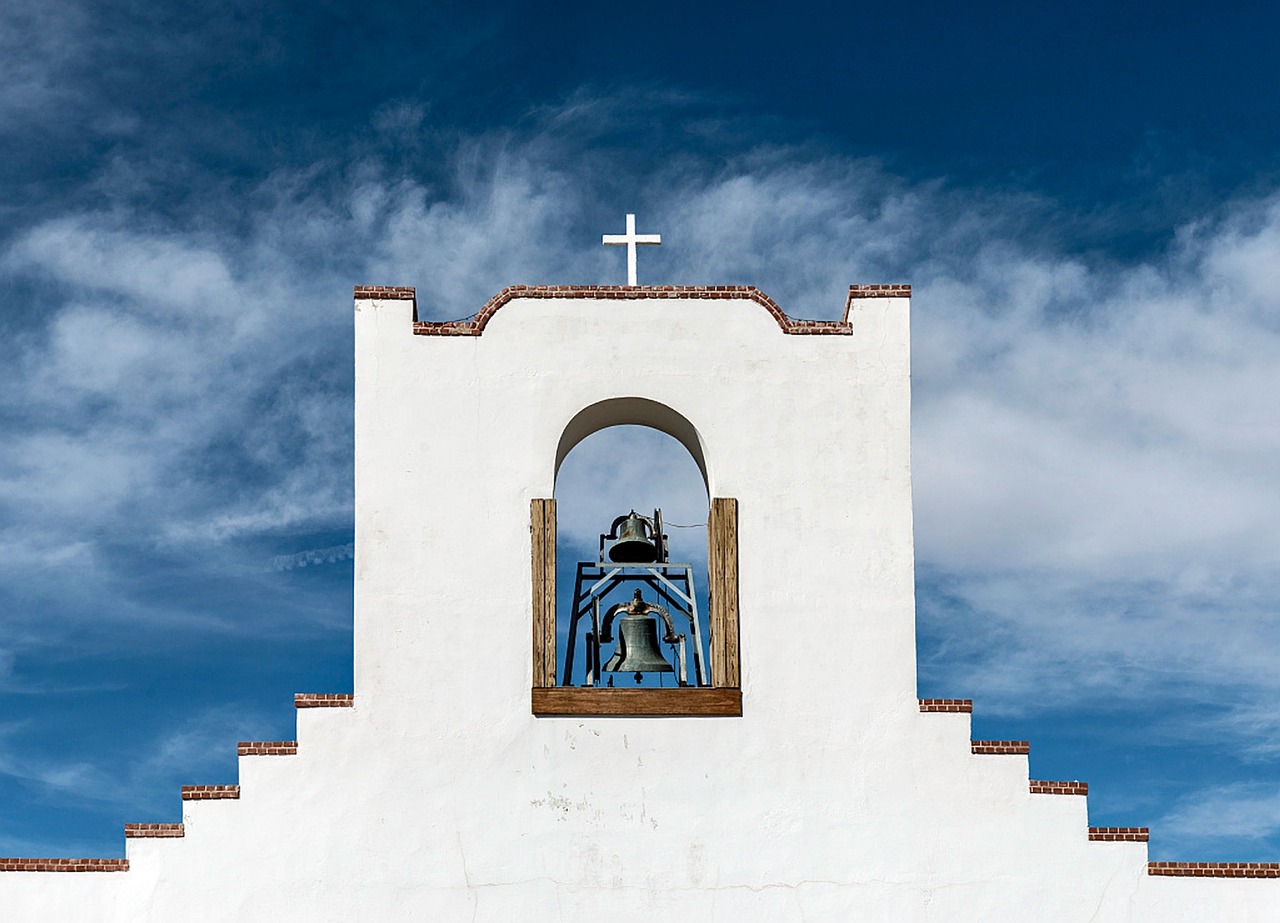G. K. Chesterton: An Author Profile
A romantic English patriot and devout Catholic convert; a friend of Shaw and Orwell and an enemy of modernity; an opponent of socialism and a staunch foe of capitalism: the paradoxes of Chesterton make an elegant closing flourish for our series on the Author Bank.
G. K. Chesterton: An Author Profile Read More »
